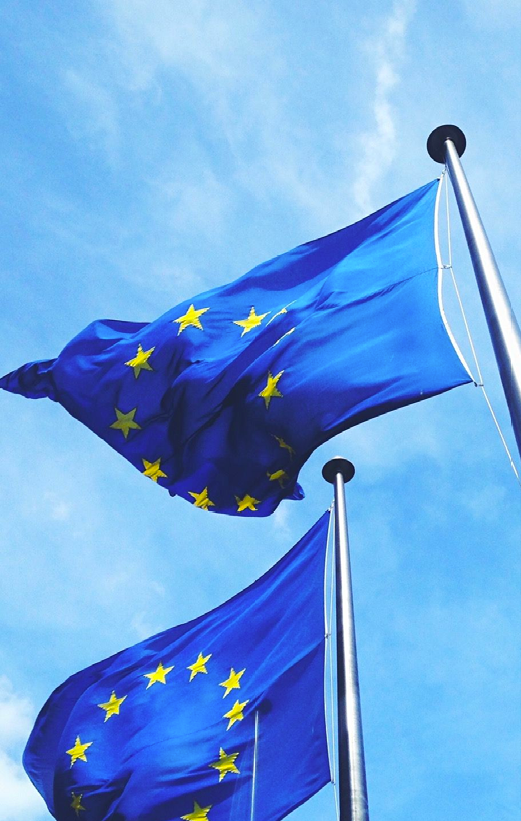Intra – EU Arbitration
The highest-ranking court in the European Union, the Court of Justice of the European Union (CJEU), has held in three cases (Achmea, Komstroy, and PL Holdings) that investors essentially cannot sue member states in arbitration.

These decisions apply to bilateral investment treaties (BITs), multilateral treaties like the Energy Charter Treaty, investment contracts, and ad hoc arbitration agreements. In its decision, the CJEU has instructed member states of the EU to challenge all intra-EU arbitrations and refuse to recognize or enforce any rewards that result from those proceedings. As a result of these decisions, investors in European Union will be forced to resort to domestic courts of the countries where their investment is located.
This is a dangerous proposition for many EU investors, as many relied on arbitration as a means from escaping the national court system which is often seen as ineffective. Investors fear that without arbitration many purely commercial disputes could be politicized and influenced unnecessarily by member states and their courts. Forcing member states into a neutral arbitration was seen as a more effective way to produce an unbiased result. It also helped to mitigate the risk of direct state conduct against an investment, as that state conduct would likely be upheld in the state’s own national court system.
For investors currently involved in arbitration against member states, they are likely in a difficult position. It is unlikely that any awards in their favor will be enforced by any court throughout the EU. As a result, future investors may look for other avenues to get involved in EU-focused investments. Because these decisions only focus on intra-EU arbitrations against member states, investments structured from outside of the EU are unaffected. This will likely bring new investment opportunities through the United States, the United Kingdom, and other non-EU states for those who want to invest in the EU, but still wish to be protected by the possibility of arbitration instead of relying on national courts of the member states.
THE COVID-19, FLORIDA LEGISLATIVE UPDATE
In late October, Florida Governor Ron Desantis called the Florida Legislature to convene on November 15 for a special session focused on the “Keep Florida Free” joint legislative agenda.
The agenda was focused on creating individual exemptions from vaccine mandates, prohibiting mandates for government and education employees, beginning to withdraw from OSHA, and removing the authority of the State Health Officer to force vaccinations on Floridians, as well as other ideas.
As a result of that special legislative session and the proposed agenda, on November 17, Governor Desantis received four bills from the legislature, which were signed into law the next day. Unsurprisingly, the four bills resembled the topics listed on the legislative agenda for the special session. The first, HB 1B, barred COVID-19 vaccine mandates throughout the state unless they comply with medical or religious exemptions for employees. Other possibilities for exemption from the mandates included recent previous infection, or regular testing and wearing of protective equipment. To streamline that process the Florida Department of Health will create an exemption form for employees to fill out. Companies who impose a mandate without possibility for exemptions will also be fined.
Under the second bill, HB 5B, Florida can now create its own OSHA alternative for all employees. Florida’s new rules would still have to meet OSHA standards. The third bill, HB 7B, prevents the State Health Officer, the Surgeon General, from mandating any vaccines during a public health emergency. The existing rule allowing the Surgeon General to do so has never been used. The fourth bill, HB 3B, prevents businesses from investigating information regarding employees’ religious and medical exemptions from COVID-19 vaccine mandates. All four of these bills passed easily with the Republican majority in the Florida legislature, and they are now effective as part of Governor Desantis’ ongoing battle with vaccine mandates. This is of particular relevance with the rapid worldwide spread of the Omicron Variant.

